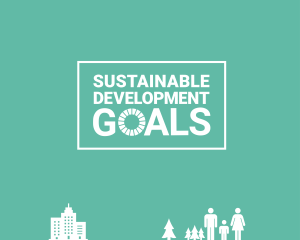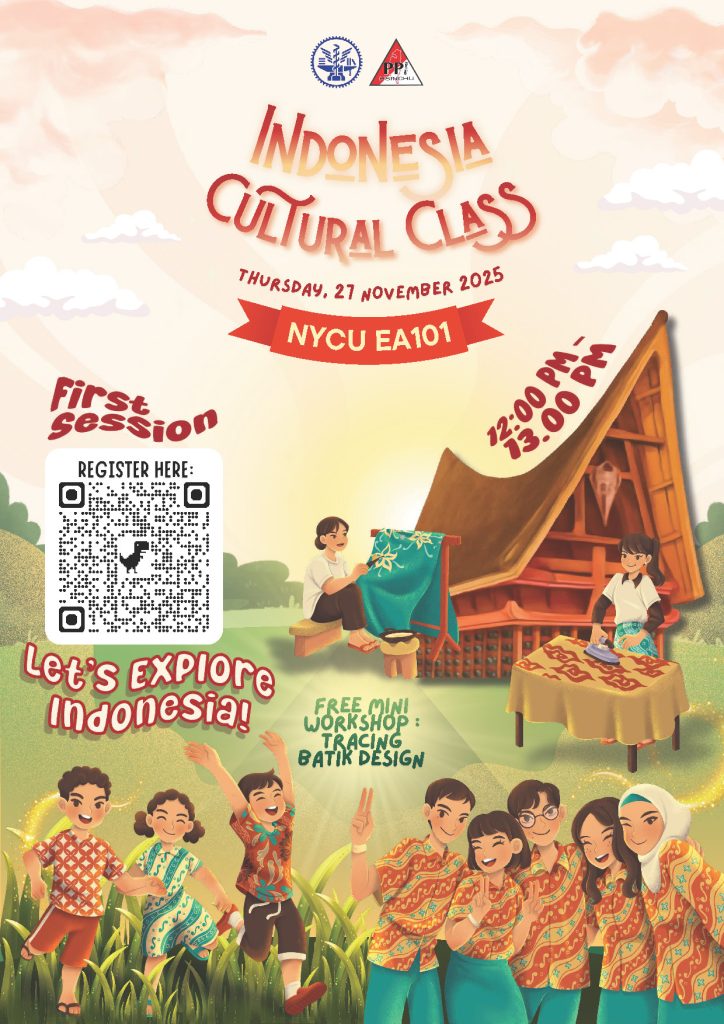NYCU received four awards at the 2024 Asia-Pacific and Taiwan Sustainable Action Awards, including two Silver and two Bronze awards. President Chi-Hung Lin (right) accepted the awards on behalf of the university.
National Yang Ming Chiao Tung University (NYCU) has long been dedicated to addressing local community needs and promoting environmental sustainability. By allocating resources to support community-engaged courses and projects aligned with sustainable development goals, NYCU’s efforts have been recognized in the 2024 THE Impact Rankings, placing it among the top 50 universities worldwide for societal impact. This year, NYCU’s initiatives in sustainability have earned them four prestigious awards at the “2024 Asia-Pacific Sustainability Action Awards (APSAA) and Taiwan Sustainability Action Awards (TSAA).”
Turning Fish Waste into 3D Printing Material: A Circular Economy Innovation
One of NYCU’s standout projects is the “Fish Scale Recycling for 3D Printing” initiative. Taiwan’s fishing industry generates approximately 190,000 tons of waste yearly, with unrecovered fish scales posing significant environmental challenges. These scales, left exposed to Taiwan’s humid climate, produce foul odors, and breed bacteria, harming the image of fishing communities. Recycling fish scales has been difficult, making it a pressing environmental issue.
Led by Assistant Professor Jian-You Li from NYCU’s Institute of Applied Arts (IAA), a team has developed an innovative method for recycling discarded mullet fish scales. Using low-cost processes like boiling, baking, grinding, and adding small amounts of tea powder or food coloring, the team transforms the fish scales into 3D-printed artworks branded “ReuScale – Circular Scale Series.” This project earned a Silver Award at the TSAA and a Bronze Award at the APSAA.
Fish scales are rich in calcium and phosphorus and can be used to extract collagen—a common practice in Taiwan’s food and cosmetic industries. However, transforming fish scales into art materials is a groundbreaking approach. Professor Li emphasized that fish scales, being a natural material, are eco-friendly and ideal for 3D printing due to their ability to harden naturally. His team collaborated with local communities, fish markets, and aquaculture farms to collect the scales, employing simple, cost-effective methods to repurpose them as art materials. Through this process, they discovered that forming partnerships with the fishing community improved recycling efficiency and promoted the growth of the circular economy.
The project has garnered international attention, leading to a partnership with Keio Kamakura Lab in Japan to explore further possibilities for circular materials. Additionally, the team was invited to showcase their work at the Maison & Objet design exhibition in Paris last year. This initiative reflects NYCU’s strong commitment to SDG 14: “Life Below Water” and SDG 12: “Responsible Consumption and Production,” further cementing the NYCU’s long-standing dedication to environmental sustainability.
“Women in STEM Dialogue” Breaks Barriers and Empowers Women in Technology Careers
Another significant NYCU project is the “Niche: Women in STEM Dialogue.” Recognizing the global issue of women’s underrepresentation and barriers in STEM (Science, Technology, Engineering, and Mathematics) fields, the Niche team provides platforms like “Tea Time with Senior Women in Tech” and “Online Information Integration.” These initiatives allow female students to connect with industry role models, helping them gain insights into career paths and alleviate uncertainties about entering the tech industry. This project aims to promote SDG 5: Gender Equality and SDG 16: Peace, Justice, and Strong Institutions. It was awarded a Bronze at the TSAA and a Silver at the APSAA.
These honors further solidify NYCU’s leadership in sustainability and highlight its commitment to social responsibility and environmental protection. With international collaborations expanding, NYCU is poised to drive more sustainable innovations and contribute even more to global ecological progress.









